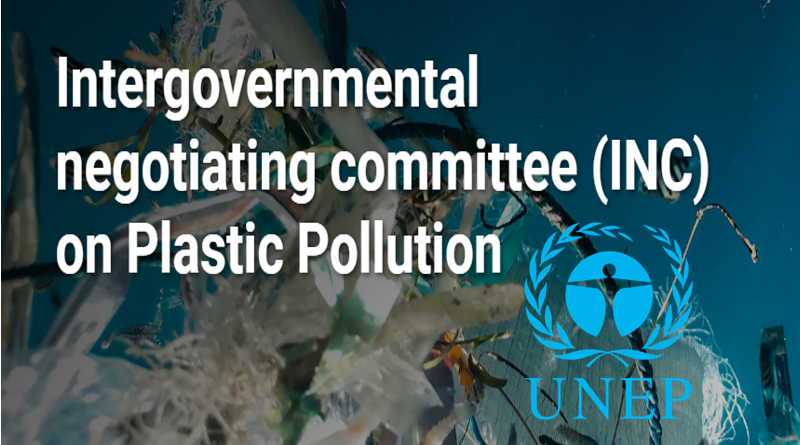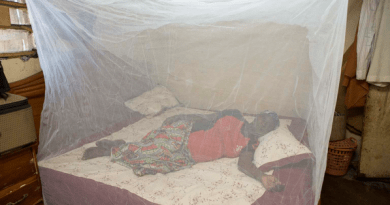Intergovernmental Negotiating Committee on Plastic Pollution to create a global plastic pollution treaty
One of the biggest international conferences to confront the situation that even the heads of the plastics industry call a crisis saw more than 2,000 specialists wrap up a week of discussions on plastic pollution in Punta del Este, Uruguay, from November 28 to December 2, 2022
This was the first meeting of The Intergovernmental Negotiating Committee on Plastic Pollution (INCI), a United Nations committee convened to discuss the creation of a historic agreement to stop the worldwide contamination of plastics and create a legally enforceable international agreement (treaty) against plastic pollution, especially that is in the maritime environment.
The Executive Secretary of the Intergovernmental Negotiating Committee for Plastics, Jyoti Mathur-Filipp, stated that the world “needs this treaty because we are generating plastics by the billions.” There is absolutely no way to prevent the production of the billions of tons of plastics that are created each year from entering the environment.
On once-pristine islands, entire beaches are now completely littered. In many locations, a random handful of sand can be examined and found to contain plastic fragments.
From Monday through Friday, the United Nations Environment Programme met in the beach resort town of Punta del Este, Uruguay. Participating in person or digitally were delegates from more than 150 nations, representatives of the plastics industry, environmentalists, scientists, waste pickers, tribal leaders, and others who were harmed by pollution.
Even at this first of five meetings scheduled over the following two years, factions became apparent. Some nations pushed for top-down international directives, some for domestic remedies, and yet others for both. If a deal is ultimately reached, it will be the first globally binding pact to address plastic pollution.
Additionally, the European Commission is working to lower plastic output across the continent. On Wednesday, it suggested changing EU regulations to increase recycling and decrease packaging waste.
The goal of the plan is to reduce the amount of packaging trash generated in each nation by 10% per nation and per person by 2035. It will be negotiated between EU member states and MEPs.
In order to do this, Brussels wants to impose “binding targets” on companies, especially in the restaurant market. 20% of hot and cold takeout beverages should either be sold in containers that are part of a deposit system by 2030 or allow customers to refill their own containers. By 2040, the EU will increase that percentage to 80%.




